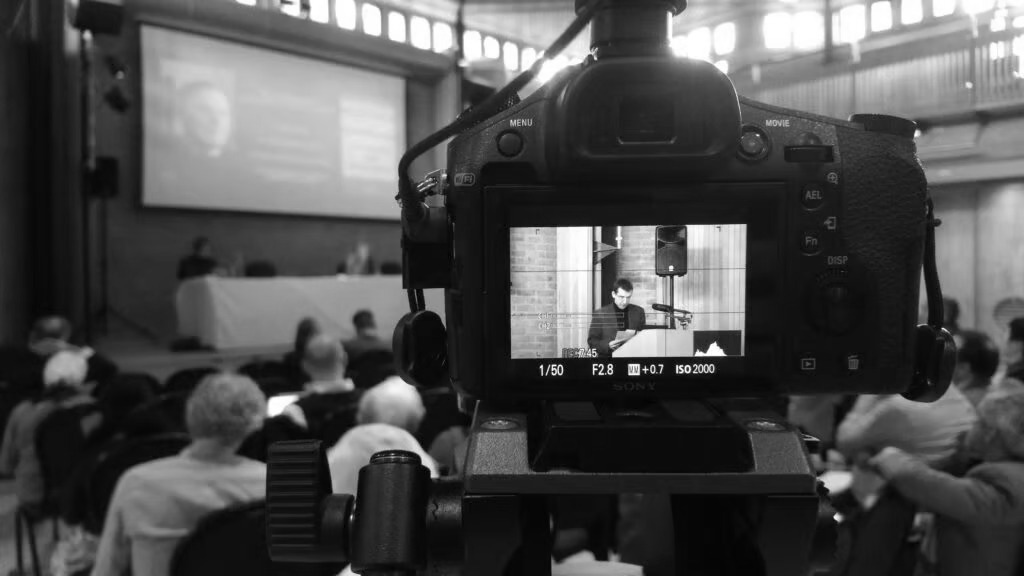David Ormrod is Professor of Economic and Cultural History at University of Kent

My suggestion from the floor of the conference (sparked in part by several papers attempting to define the scope of Temple’s thinking for our current social order) was that we should recall the thinking of the Christian Left in the 1930s and 40s beside which Temple’s social thought can be seen in clearer perspective. This is especially important today for those who deplore the inequalities created by the dismantling of the welfare state from the 1980s. Although some in the conference and elsewhere see this as creating new opportunities for religious engagement, the former must view this state of affairs with alarm.
Christianity and Social Order opens with the clearest possible affirmation of the Church’s claim to be heard in relation to economic and political issues. Its historical reference points come directly from Tawney, and Temple’s description of the nineteenth-century pioneers of the Christian social movement affirms their significance in recovering the Church’s moral authority and commitment to social justice, in retreat since the post-Restoration decades. Since the late eighteenth century, urbanisation and industrialisation created conditions demanding social reform, but until the 1840s, the primary concern of reformers was still for individuals (pp. 1-10).
From the 1880s to 1945, we can identify a developing Christian and socialist convergence, and Temple’s contribution is best understood in this context. In 1937, Clement Attlee wrote, ‘…probably the majority of those who have built up the socialist movement in this country have been adherents of the Christian religion – and not merely adherents, but enthusiastic members of some religious body. There are probably more texts from the Bible enunciated from socialist platforms than from those of all other parties.’ The Malvern conference of 1941 marked the high point of these convergent forces, and as they have dissipated, something of an ethical void has opened up in our society.
During the interwar years, more than a dozen Christian socialist societies and movements flourished in Britain, with the express purpose of exercising a prophetic and vanguardist role within the churches and in society at large. We can identify two main tendencies within and amongst them. The first, that of the majority, was represented by Temple and Tawney focusing on the idea of an ‘ethical state’. The second and more radical approach, emerging during the late 1930s, was most cogently expressed by John Macmurray, deriving from his humanist-inclined philosophy and his encounter with the Marxist-inclined Christian Left and its publications. Victor Gollancz, John Lewis, Richard Acland, Stafford Cripps and John Collins played prominent roles.
The thought of the Christian Left developed at some distance from progressive Anglican social thought and its claims on a sense of British national identity. The incarnational principle, in Temple’s case, led to a conservative view of the church: the visible church was seen as the preferred instrument for inaugurating the kingdom of God. Furthermore, the relationship between the established church and the state had a special significance since the nation state was also seen as a divinely established means of bringing forward the kingdom. Hence the duties of Christian citizenship formed an important theme. As John Kent has pointed out, this rested on an Aristotelian view of politics in which state and society were identical – the ‘oneness of the world within the city’s walls’, the polis. For Temple, British national identity required a bonding religion, Anglicanism. Tawney, however, was much less optimistic about the potentialities of the Church of England which, he felt, ‘remains a class institution, making respectful salaams to property and gentility, and with too little faith in its own creed to call a spade a spade in the vulgar manner of the New Testament.’
Macmurray and his circle envisaged a moral community which transcended the boundaries of the nation state and the churches. Christian consciousness, he realised, was deeply embedded in society, extending well beyond the visible church. Above all, it was expressed in personal relations: the nature and quality of personal relations was the touchstone of the ethical society. By 1944, Temple saw the purpose of God as ‘the development of persons in community’, a formula very close to the former’s thinking. Macmurray, in turn, moved closer to the earlier concerns of mainstream Christian socialism as he came to realise the full extent to which German fascism had succeeded in asserting a rational control of society as a whole. Wartime debates within the Christian Left reflected a loss of faith in social systems which rested principally on rational planning and took a more humanistic turn. By 1945, the moment had arrived to translate the consensus achieved at Malvern into a new kind of ethical state.
This is the second of two reflections on the 80th Anniversary Conference of Christianity and the Social Order
More blogs on religion and public life
- Faith and Voting: The UK general election 2024
by Matthew Barber-Rowell - Labour and Faith – Brave New Reset or Faith-Washing?
by Chris Baker - Lessons for an election year from the Bishop of Unity
by Ian Mayer - Food, hope and love: the local church in a time of crisis?
by Paul Monk - Radical hope in the midst of poverty in the city
by Grace Thomas
Discuss this